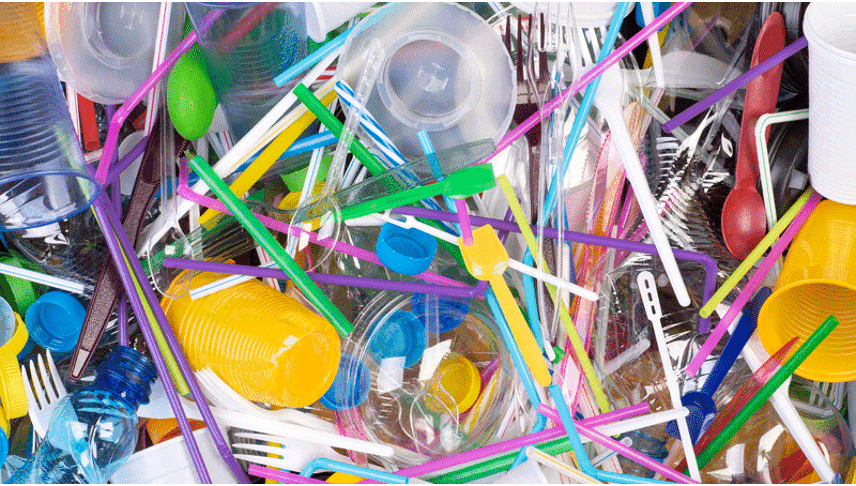Register for free and continue reading
Join our growing army of changemakers and get unlimited access to our premium content

The ‘Peak Plastics’ report has been published today (27 February) by the Back to Blue Initiative and includes accredited data on plastics production, consumption and pollution from sources including the OECD, the World Bank and WWF. It assesses humanity’s current level of plastics use and how this may change in the future, with or without stronger national policy interventions.
A headline finding is that, on a business-as-usual trajectory, plastics consumption across the G20 in 2050 will be almost twice as high as it was in 2019. It will then continue to rise at a slower pace until at least 2100. Growth in other developing and emerging markets will also fail to peak by the end of the century.
This paints a stark picture of what could happen if nations fail to agree on a bold and ambitious treaty to reduce and end plastic pollution. The UN agreed the broad terms of the Treaty last March, with countries backing plans to cover the entirety of the plastic life-cycle – not just waste management. This was an approach advocated by more than 70 nations.
But negotiations are ongoing and the final treaty will not be implemented until the end of 2024. There is still time for industry bodies and nations to attempt to water down language, as happens with international climate treaties more often than not.
Back to Blue is warning that “only policies at the most ambitious end of those under consideration” will result in the world reaching peak plastic consumption this century, let alone by 2050.
Its report concludes that, when implemented as a standalone, none of the Treaty’s three key inclusions will result in a peak-plastic world by mid-century. These policies are a global ban on unnecessary single-use plastic items; enhanced extended producer responsibility (EPR) rules and a tax on virgin plastic.
Back to Blue is advocating the implementation of well-designed versions of all of these policies. But, even then, it forecasts that global plastic consumption will be 1.25 times higher in 2050 than in 2019. It concludes that “measures and conditions so stringent that they are likely to encounter opposition” stating that the proposal and adoption of these will be “painful but necessary”.
The report emphasises the need to “guard against an undue burden” of this “pain “ being borne by consumers in low-income countries, who often rely on packaging formats such as plastic sachets to be able to afford hygiene and cleaning products. It also highlights the need for better monitoring and enforcement, plus non-regression commitments, to ensure that loopholes are not found and exploited by those actors that stand to gain from continuing to pump out plastic pollution.
Aside from these three policies, the report notes the importance of scaling waste management systems, especially in emerging and developing markets, alongside better labelling for plastics packaging and better public communications campaigns on packaging.
Summarising the report’s findings, Economist Impact’s editorial director Charles Goddard said: “Negotiators of the UN plastics treaty must maintain the highest levels of ambition possible when entering the next round of negotiations, and industry needs to play a constructive, not obstructive, role in reaching a deal. So far, commitments by industry, retailers and brands to reduce plastic waste are short on detail and have failed to materialise.”
Economist Impact is one of the two organisations behind Back to Blue, along with the Nippon Foundation.
Call to action in the UK
In related news, NGO Common Seas delivered a petition to UK Prime Minister Rishi Sunak late last week, imploring him to fund research into the impact of plastic pollution on human health.
The petition, signed by more than 100,000 adults, sets out the case for a £15m research fund on the matter and recommends its introduction at the Budget last month. This is less than 0.1% of total Government R&D spending annually.
Common Seas has called the existing body of evidence on the topic “sparse” and warned that, without better research, we could be oblivious to “potentially devastating short and long-term effects of plastic on human health”. A study of blood samples of 22 donors by Common Seas last year found that more than three-quarters of the samples contained plastics.
Supporting Common Seas’ work is chef Hugh Fearnley Whittingstall, who said: “Sadly, it’s now a certainty that most of us have micro-plastic and nano-plastic particles in our bodies. We urgently need to understand what the consequences of that are for our health.”


Please login or Register to leave a comment.